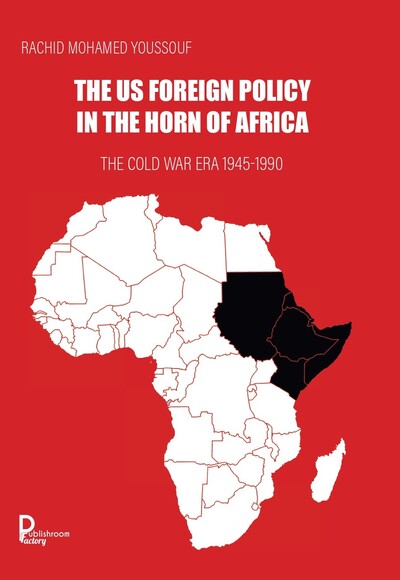- EAN13
- 9782384546855
- Éditeur
- Publishroom
- Date de publication
- 31 mars 2023
- Nombre de pages
- 171
- Dimensions
- 21 x 14,8 x 1,2 cm
- Poids
- 250 g
- Langue
- eng
The Us Foreign Policy In The Horn Of Africa, The Cold War Era 1945-1990
Rachid Mohamed Youssouf
Publishroom
Prix public : 18,00 €
From the historical perspective, the Cold War can be regarded as an extension and continuation of colonialism via different means. The tools and methods that the superpowers, as well as local allies used, were in many ways similar to those desired during the last stage of European colonialism: gigantic economic and social projects, the promises of progress and modernization to the supporters, and almost death to the opponents or those who dare to step on the way of progress. The tragedy of the history of the Cold War in general and of the Cold War in the countries of the Third World, in particular, showed that two historical projects were originally anti-colonial, however, at last, they became the part of significantly older domination patter, due to intensity and severity of the confrontation, as well as the high stakes they considered were involved and practically apocalyptic fear of the situation when the opponent wins. In other words, even though both Soviet Union and the United States opposed colonialism and its reflections, they practically did the same in their own version of modernity, like their predecessors (for instance, France and Britain with their colonial projects of the 19th and 20th centuries). These methods were focused on implementing ecological, demographic, and cultural change in the societies of the Third World while utilizing military power to defeat the states that dare to resist


















